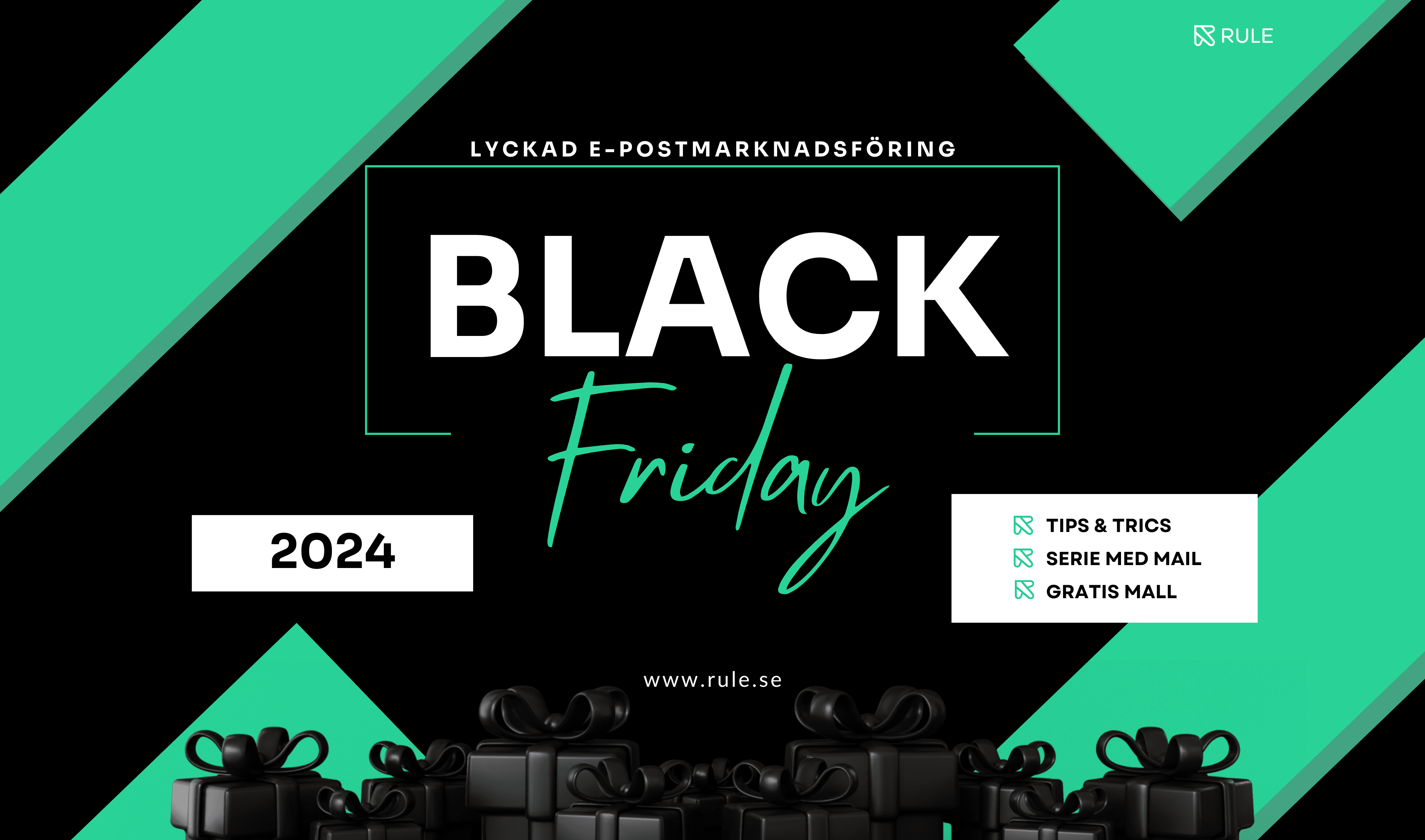Welcome to the deep dive into Google Consent Mode version 2 (v2) and its relationship with first-party data – a key aspect for those of us working in data collection and digital marketing. Join us as we take you through what you need to know.
What is first-party data?
First-party data is like gold in the digital world. This is information we collect directly from our customers – think email addresses, browsing habits on our website, purchase history and so on. This data is critical because it is extremely relevant and accurate, making it an invaluable resource for tailoring marketing campaigns and improving the customer experience.
Google Consent Mode v2 in a nutshell
Google Consent Mode v2 is Google’s latest tool for managing user consent in compliance with data protection laws like the GDPR. This tool is crucial for those of us who manage user data, as it allows us to customize how we use Google services (such as Analytics and Ads) based on the user’s consent to cookies and other tracking.

The essence of consent management
What Google has done with Consent Mode v2 is to introduce two new parameters: ad_user_data and ad_personalization (these two can be set as either granted or denied depending on what the customer agrees to). This allows us to get more detailed consent from users on how we can use their data – an important detail in the GDPR era.
Relationship between Consent Mode v2 and first party data
Here is the interesting part: How Consent Mode v2 affects our use of first party data. If a user gives their consent (for example, by accepting advertising cookies on our website), we may use their data to drive more personalized marketing and insightful analytics. On the other hand, if the user declines, we must adjust our data collection and use accordingly. This means that we may not be able to collect or use certain types of first-party data for certain purposes.
To collect first-party data with Rule, you can integrate your digital platforms, such as your e-commerce store, to directly collect data from your customers when they interact with your brand. This includes information from registrations, purchases or customer feedback. By leveraging these integrations, you can gather valuable customer insights and preferences that can be used for tailored marketing and personalized emails and automations.
Not to mention zero party data. It is a type of first-party data, but differs in that the customer actively shares their preferences, desires and customizes their own experience. This can be collected via Rule by, for example, using our preferences feature in the Journey builder.
Another tip is to use an interest form at the sign-up stage, giving customers the opportunity to fill in their preferences at the sign-up stage. Too valuable to miss, in our opinion!
What does this mean for marketers and data managers?
For those of us working in digital marketing and data collection, this means some changes. We must be transparent about how we collect and use data, and we must ensure that our tools and processes are adapted to respect user consent. It is not only a question of legal compliance – it is also about building trust with our users and customers. Here, we believe that a key is to focus on building strong customer loyalty, so that your customers feel they want to share more data with you. This is achieved by sending personalized campaigns to your customers that are well targeted. segmented and appeal to each individual customer. In other words, don’t shoot wide – send the right product recommendation to the right customer.

Forward-looking adjustments
Now that we have passed the implementation deadline of March 2024, it is important that we all have everything in place. This means updating our cookie banners, reviewing our consent mechanisms, and ensuring that our use of Google services complies with Consent Mode v2. Otherwise, you could be penalized by Google in the form of closing your ad account.
In summary, Google Consent Mode v2 represents a significant change in how we handle first-party data in accordance with user consent. It is a challenge, but also an opportunity to refine their data strategies and strengthen their relationships with customers through increased transparency and respect for their privacy.
Rule - the obvious choice!
To further strengthen your management of first party data, it is important that we remind you to use a platform where you can manage and save your data: Here, of course, Rule is the obvious choice. We offer an efficient solution for collecting and storing data that customers have consented to. By using Rule, you can ensure that any data stored is in line with the customer’s wishes and consent, which not only helps you comply with data protection laws like GDPR, but also build a stronger and more transparent relationship with your customers. Using Rule means that you can store and use customer data in a secure way, which in turn contributes to more effective and personalized marketing efforts. In short, Rule is not only a compliance tool, but also a powerful instrument for building trust and creating long-term relationships with customers. Are you not already a Rule customer? So of course we ask… What are you waiting for? Try Rule for free today, create a free account! here!







